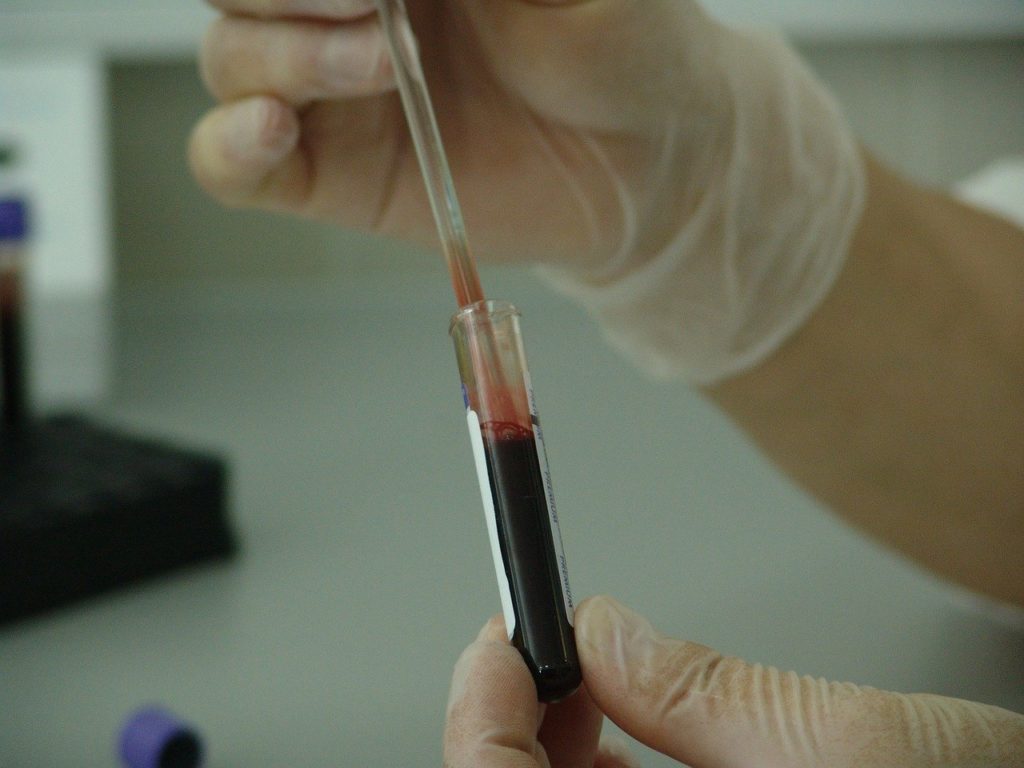As many as several hundred Belgian families are facing the possible loss of samples of umbilical cord blood gathered from their newborn babies and frozen for possible use later in life.
Umbilical cord blood, also known simply as cord blood, is harvested from the placenta and the umbilical cord of a newborn, and can be frozen as a potentially useful resource later. Each placenta provides about 75ml of blood, or about five tablespoons.
Cord blood is special in that it contains stem cells – undifferentiated body cells which have the potential to turn into any other tissue cells. That means that cord blood can be used as a tool, for example for regenerating bone marrow in patients who have undergone radiation treatment, and thus in their turn create new blood cells.
Some people donate cord blood for public use, but the Belgian parents were convinced to freeze the samples by doctors and midwives with a company called Cryo-Save, founded in Belgium in 2000. For a fee of Ç2,395, Cryo-Save assured each parent or set of parents that the frozen cells would only ever be used for their own child in case of need. The cells were stored at a facility in Niel near Antwerp, along with samples gathered in the Netherlands, Spain, Italy and Hungary.
However the practice of saving cord blood cells by private companies was outlawed in Belgium in 2011, and the stocks of frozen samples were transferred, parents found out later, to another company, Famicord, based in Warsaw.
“All of the containers which were in Belgium are now with us in Warsaw,” conformed Tomasz Baran, chief executive of Famicord. But the company is unable to say with certainty whose samples are where, because of the lack of a full inventory. Samples gathered in different places at different times appear to be muddled together – effectively making all of them useless. Some samples are known to have been lost on the way to Poland, but again, no-one can say for sure which.
To make matters worse, Cryo-Save has now gone bust, and its assets, including the samples, now become the property of a Dubai-owned investment company, operating out of Switzerland. That company now wants the full collection of cord blood samples to be transferred to Switzerland.
Alan Hope
The Brussels Times

